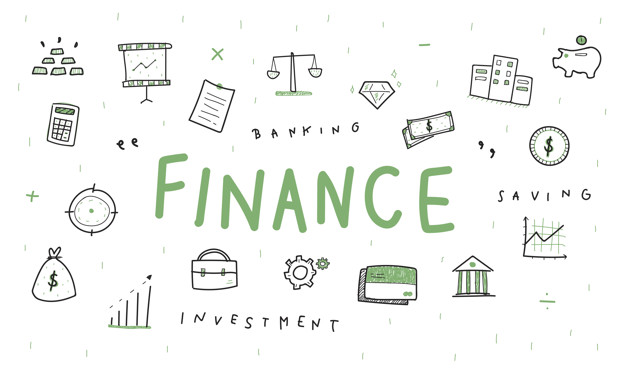You may not feel like a full-fledged adult as a college student, but financial independence should not be put off until after graduation. Many millennials have no idea how to achieve financial independence during college days. Moving away to college is a significant milestone in a young person’s life. You enter the world of financial independence as an adult.
Regardless of the financial uncertainties that may be looming on the horizon, it is critical to develop the habit of budgeting, saving, and responsible spending. Here are a few steps you can take to achieve financial independence during college days
Start now and set big financial goals to achieve financial independence during college days
Just keep in mind that your financial strategy will most likely differ from that of your parents. The road to achieve financial independence during college days may seem very different when you’re 20 than it does when you’re 50; the more time you have to save and invest, the better. Consider what your vision of financial independence looks like; a vision board can help you picture your objectives and keep on track. Next, make a list of goals that are both realistic and ambitious.
Budgeting and tracking your expenses
The ability to manage a personal budget is a crucial skill that any college student should acquire in order to achieve financial independence. The key to achieve financial independence during college days is to create and keep to a weekly/monthly budget. Keep track of your expenses and start looking for ways to save money on a monthly basis. You’ll be amazed at how much cutting expenditures for even little monthly expenses can help you save money in the long run. There are numerous apps available to help you set a budget and keep track of your expenditures.
You can also use special software to calculate your monthly budget and spending categories automatically. You can use your credit card history if you don’t want to download and install extra apps. Some banks let you see graphs of your expenditure broken down into different categories.
Use cash
As a student, you’ve probably been flooded with offers for credit cards with low-interest rates, but choose wisely. While it’s important to acquire a line of credit and work toward a good credit score, it is also too tempting to use those same credit cards to live beyond your means.
Make it a rule to pay for all of your everyday expenses in cash, including lunches, bars, gifts, hobbies, and so on. Credit cards might make you feel as if you have a lot of money when you actually don’t.
Get a Job
Find a job that allows you to be flexible. Working part-time is a valuable asset that can assist any college student in achieving financial independence. You’re not only gaining financial freedom, but you’re also becoming more responsible, showing up to work on time, learning new skills, and putting in long hours to earn that paycheck.
College is an excellent opportunity to become financially literate as well as a learned person in any field you choose.
Tutoring or working as a personal or research assistant can help you advance professionally while also offering a regular source of revenue.
If those professions don’t appeal to you, check for jobs on campus, as many of them provide more flexible work hours or leisure that you can utilise to complete class assignments.
Maintain a healthy credit score
Choose a credit card that is appropriate for you. Make sure you select the credit card with the greatest features and the lowest interest rate before applying for one. Consider putting minor regular expenditures on your card to help you develop credit. Consider recurring expenses like groceries and OTT subscriptions that you won’t have a hard time paying back on time.
Maintaining a modest debt level ensures that you will have plenty of credit available in the event of an emergency. Another thing to keep in mind is not to apply for too much credit in a short period of time, since this will result in a credit decline. These will not only assist you in maintaining a decent credit score but also in achieving financial independence in a timely manner.
Invest early to be financially independent
If there’s one thing our educational system should teach pupils, it’s the importance of compounding. It is beneficial to begin investing early and for a longer period of time in order to better manage your finances in the future. Early investing also allows you to make minor, calculated risks without the worry of jeopardising your future plans or income. College students are young and energetic, and college is one of the best places to start learning about investing and gaining financial independence. It is good for young or college-aged investors to invest in stocks and mutual funds, but low-risk solutions should be considered so that you do not lose more money because the stock market is risky.
Regardless of how the economy is doing, it’s important to get started. You’ll be more likely to follow the market if you invest even a small amount of money. Furthermore, you can begin to consider yourself an investor. Having money invested in your portfolio also pushes you to do research and evaluate your holdings. As a result, starting small and gradually increasing your efforts can be really useful.
Last but not least don’t forget to have fun. Allow yourself to relax and enjoy yourself. Make sure you strike a healthy balance between your savings goals and your daily activities. Look for financially smart solutions that will allow you to have fun while maintaining your financial independence during your college days.
Don’t forget that StuCred has your back! Be sure to always refer to our blog for further tips on financing your future.








